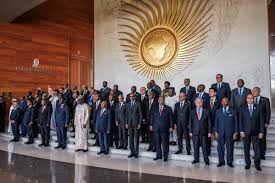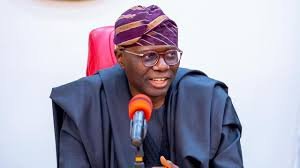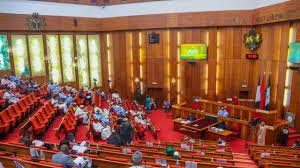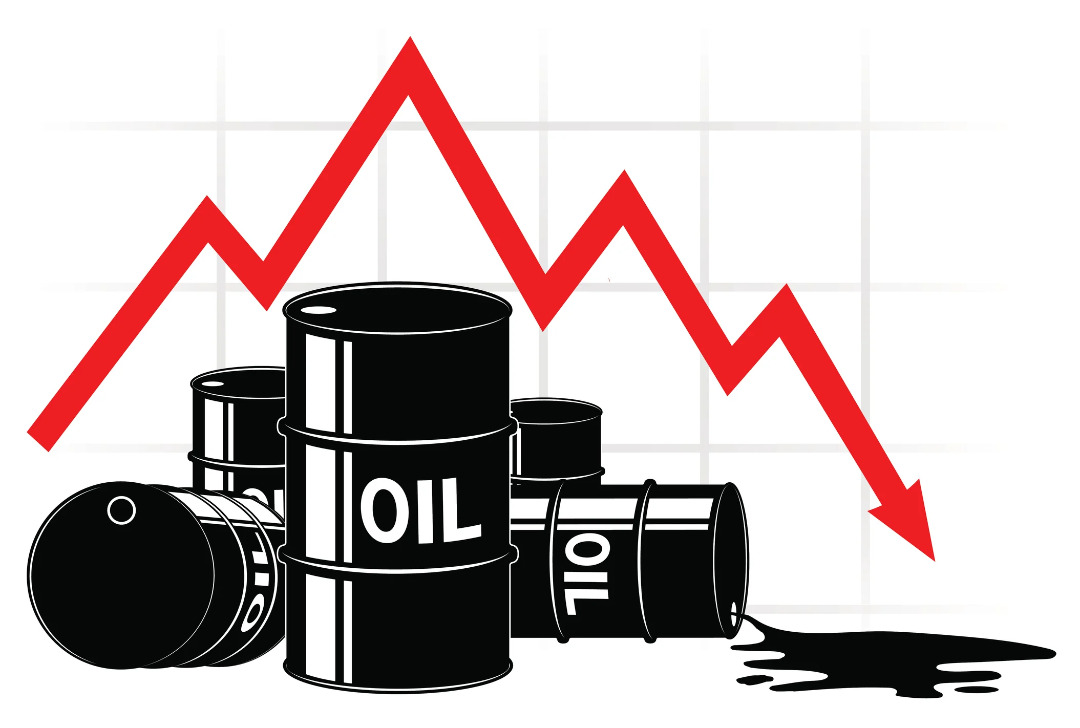As a country, and as a people, a major lesson that we must draw from this current pandemic, and which the failure to draw will be perilous for our future survival, is that we must rebuild the Nigerian state, and the Nigerian nation. The Nigerian state must become a biometric state (I owe this notion to the late Harry Garuba, whose first espousal of the thesis in my presence lit a fire in my mind).
For this purpose, a biometric state is a state that keeps regularly updated records and documentation (both public and confidential), of all her citizens and residents, as well as of all economic, productive activities and processes that are carried on within her borders.
If we do not rapidly build such a state, by dismantling this parasitic, oppressive and exploitative state, and reconstituting a new, popular, more equitable and participatory state type, we would never be in a position to, nor would we ever be able to ensure a coordinated, socially just, equitable and inclusive response to an existential crisis of this nature, or any other existential crisis – economic, security, that may confront us.
A biometric state enables not only to have accurate records, but also enables us to make policies more socially inclusive and equitable. The true developmental state of the 21st century, must be one that is inclusive, equitable, and that can deliver social services as public services. Such a state cannot become optimally functional unless it is truly a biometric state. The second key lesson from this pandemic and the response to it is one that strikes at the very heart of the notion of a Democratic state.
China, a supposedly authoritarian autocracy, was able to move swiftly to contain the pandemic. To achieve this, it was able to reorient the entire state architecture, and completely refocus all elements of national power to single mindedly combat this pandemic. It was able to almost effortlessly lockdown and shutdown a province of 60 million people, and to almost seamlessly restrict movement all through the entire country. Some have said this is a manifestation of discipline. Yes, it is, but it is a discipline that only such a state can enforce.
So-called democracies on the other hand have been struggling and slow to contain the pandemic. Reason? Due process needs to be followed; the rule of law must not be breached; the constitution must not be undermined; parliament must be consulted, carried along, and its approval sought; etc, etc. And what is more, although support to vulnerable and excluded is usually included in the response, it is the rich and the powerful that are the greatest beneficiaries. So what is the lesson here? Is it that autocracy is better than democracy? Nope; certainly not. It only means that existing liberal democracies, because of state capture by the rich and super rich, and powerful, have become fatally flawed; so much so that the ability to mobilise all the resources of society in the interest of everyone has become atrophied.
The real lesson therefore for all students of humane society and Democratic governance, is that Democratic consolidation requires to be urgently deepened in a manner that it the people as citizens have equal opportunity to participate in, be involved with, and be engaged with the governance of their societies. Liberal democracy must be transformed into popular democracy, through popular participation of the people in all facets of social life and governance; and by subordinating the state and her institutions to the Democratic will and oversight of citizens, and not just of the elite and the rich.
We must find a way to make democracies capable of swift, coordinated, all inclusive and all embracing, proactive and responsive actions to not only prevent, combat and mitigate and contain existential challenges such as this, but to also deliver accessible, functional, and qualitative social services to all.























